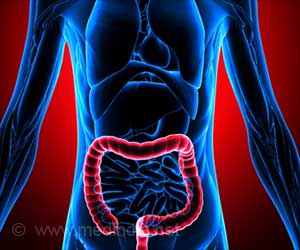Scientists have taken one more step towards a successful womb transplant.
Scientists have taken one more step towards a successful womb transplant.
Four sheep have become pregnant after having their wombs removed and then reconnected, Swedish scientists say.Professor Mats Brannstrom and colleagues carried out an autologous transplant in the sheep - where the same womb is removed and reconnected.
The New Scientist reported that half the sheep in the study developed fatal complications and hence it would be a long way to go before such transplants become safe and are attempted in humans.
The procedure would potentially allow women who have had their wombs damaged or removed to develop a pregnancy and give birth.
A womb transplant has been tried once before, in Saudi Arabia in 2000, but then the womb came from a live donor, and was rejected after three months.
One of the difficulties of a successful transplant is the complexity of the blood vessels that need to be reattached.
Advertisement
Professor Brannstrom and colleagues at the Sahlgrenska Academy at Gothenburg University in Sweden carried out autologous transplants in 14 sheep, reconnecting the womb to different blood vessels.
Advertisement
The team will deliver the lambs by Caesarean.
The team had previously achieved successful pregnancies after womb transplants in mice.
Peter Bowen-Simpkins, a spokesperson for the Royal College of Obstetrics and Gynecology lauded the team’s approach, saying, “They are going the right way about it, instead of racing off to do the work in humans."
He added that transplant technology in humans had progressed tremendously. It had been shown that certain drugs used to prevent rejection in renal transplants did not harm a baby during pregnancy, he noted.
Though this kind of a transplant will benefit only those born without wombs or those who have had a hysterectomy, still the Swedish success is considered a milestone.
Source-Medindia
GPL/L











